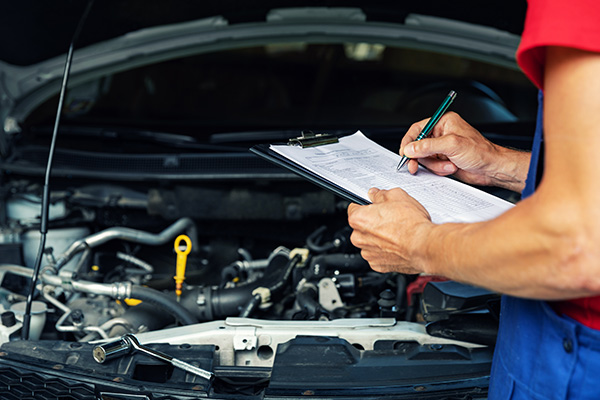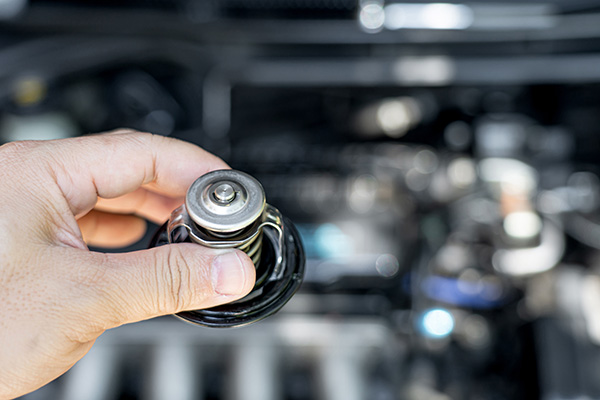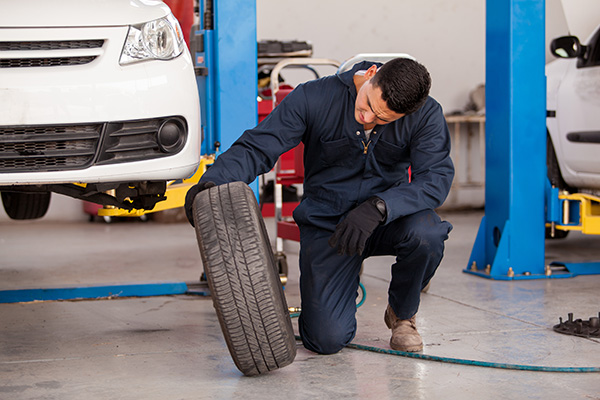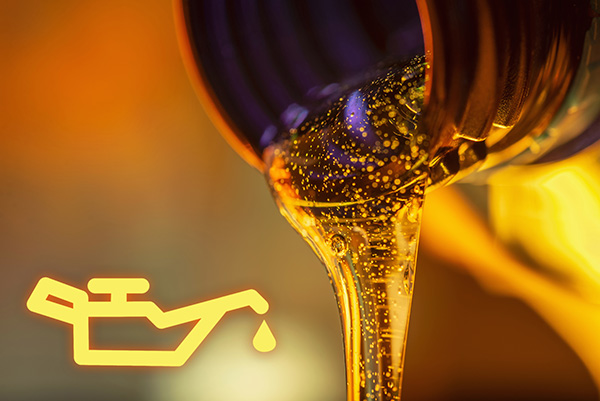Posted on 10/31/2025

As holiday travel ramps up, families across the country are getting ready to hit the road. Whether you're driving across the state or just a couple of hours away, making sure your car is ready for the journey is more important than ever. Long-distance travel puts additional stress on your vehicle’s key systems, and the last thing anyone wants is a breakdown halfway to Thanksgiving dinner. A pre-trip inspection helps catch issues before they turn into problems. It gives you peace of mind and reduces the likelihood of being stranded on the side of the highway waiting for a tow truck. In this blog, we’ll cover what a proper pre-trip inspection includes and why it should be part of your holiday travel planning. Why Now Is the Right Time Holiday traffic is heavier than usual, and so is the stress on your vehicle. Cold weather also increases the chance of battery issues, tire pressure changes, and fluid problems. The combination of long hours on the road ... read more
Posted on 9/26/2025

Your car’s thermostat regulates the engine's temperature to ensure it runs at the optimal temperature. It controls the flow of coolant between the engine and radiator, helping the engine warm up quickly and preventing it from overheating. When the thermostat starts to fail, the symptoms can range from subtle to severe, and ignoring them could lead to costly engine damage. Knowing how to spot the signs of a bad thermostat can help you catch problems early and keep your vehicle performing at its best. What the Thermostat Does The thermostat regulates coolant flow based on engine temperature. When the engine is cold, it stays closed, allowing the engine to warm up quickly. Once the engine reaches its optimal operating temperature, the thermostat opens, letting coolant circulate through the radiator to maintain the right balance. If the thermostat sticks open or closed, the cooling system can’t do its job properly. This can lead to inefficient heating ... read more
Posted on 8/29/2025

When shopping for a used vehicle, you may come across listings for former rental cars. These cars often sell for less than similar vehicles from private owners or dealerships, which naturally raises a question: is the lower price worth the risk? Let’s break down the pros and cons of buying a former rental car and explore what to check before making your decision. Why Former Rental Cars Are Common in the Used Market Rental companies keep large fleets of relatively new vehicles and rotate them out every couple of years. Once these vehicles hit a certain mileage, usually between 25,000 and 50,000 miles, they're sold to used car dealers or auctioned off. Due to their short time in service and regular maintenance schedules, rental cars often appear to be a good deal on the surface. But there are a few important details to look at before you commit. The Upside: Lower Prices and Newer Models One major advantage of buying a former rental car is ... read more
Posted on 7/25/2025

Tire rotations are one of those routine maintenance tasks that often get overlooked. While it may seem like an extra step that doesn’t make a big difference, skipping tire rotations can have serious consequences for your vehicle’s performance, safety, and your wallet. Understanding why rotations are important and what can happen if you ignore them helps ensure your tires last longer and keep you safe on the road. Why Do Tires Need to Be Rotated Each tire on your vehicle wears differently depending on its position. Front tires typically wear out faster because they handle most of the steering and carry more weight due to the engine and transmission. If your car is front-wheel drive, the front tires also handle acceleration and braking, adding even more stress. By rotating your tires regularly, you help distribute wear more evenly across all four tires. This simple step can improve tire lifespan, enhance handling, and keep your ride smoother. Unev ... read more
Posted on 6/27/2025

Most drivers are aware that engine oil is crucial for keeping the moving parts in an engine properly lubricated. But motor oil does far more than simply reduce friction. In fact, it plays multiple roles in maintaining your engine’s performance, longevity, and cleanliness. If you’ve ever delayed an oil change because your car still seemed to be running fine, it’s important to understand what’s at stake. Regular oil changes do more than prevent metal-on-metal wear—they also support the engine’s cooling, cleaning, and sealing functions. Let’s take a closer look at three often-overlooked benefits of motor oil. 1. Motor Oil Helps Cool the Engine While the radiator and coolant system are primarily responsible for managing engine temperature, motor oil also plays a critical role in heat control. As the oil flows through the engine, it absorbs and carries away heat from internal components, particularly those that the coolant system ... read more